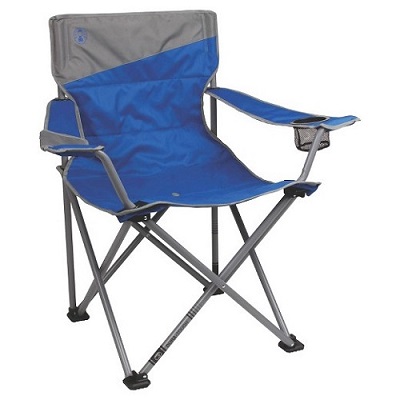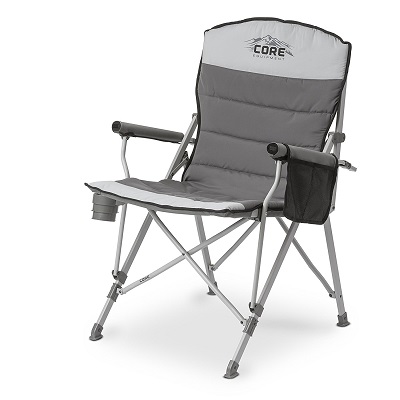Water is a finite resource. We just have the amount of water we have right now. The more we contaminate it, waste it, and compromise the ozone layer, the much less usable, drinkable, sanitary water we will have. Fortunately, plants help with the healthful and all-natural processing of water, so having a yard is a great way to both use and conserve water.
To save water in your vegetable and blossom gardens, make sure to mulch well. You can make use of timber chips, straw, or garden compost to mulch. Compost can consist of lawn and garden scraps, kitchen scraps, and manure if you are fortunate enough to have a horse, goat, and/or chickens to provide it. If using compost, make certain it is not touching the stems of your plants, as it can get very hot while it is sinking into the dirt. This will certainly burn fragile plant stems. A layer of compost between rows of vegetables or arrangements covered by compost (lumber chips or straw) will certainly avoid dissipation and entice earthworms to keep the dirt aerated and provide more reliable water usage.
Water the correct amount: Watering too much wastes water and might in fact be harmful to your garden. Furthermore, it can wind up costing you cash in water fees and over usage fines if your state is stringent about water use. Many plants and grass do a lot better with a deep watering a few times a week compared to daily watering. By giving your plants and/or your grass an inch or more of water once or twice a week, you will certainly be making smart usage of water.
Doing away with grass for a vegetable garden or water-saving garden is an even smarter way to save water, as gardens are something of a needless luxury in this day and age. In the place of a garden, you may want to plant water-saving ground covers. There are lots of plants that will give great insurance coverage while calling for much less water as compared to grass. In addition, a good, thick ground cover will grow out into the dirt through its thicker, leafier structure. By needing much less water at first and making more efficient use of the water that is provided, great ground cover plants in the area of a garden can conserve several gallons of water.
One more all-around benefit of ground covers is that they provide the environment for helpful animals in your yard. A flowering ground cover supplies food for butterflies and safe haven for such helpful garden occupants as toads and turtles. These creatures can help keep your garden and backyard pest-free without having to use chemicals. Foregoing the use of chemicals in the backyard and garden helps keep our valuable water system clean and pure.
To bring in more valuable creatures to your backyard, make sure to give diversity to your plants. When you grow all one plant (for instance, corn or wheat) you have the tendency to entice multitudes of killers for that specific plant. By planting a range of plants, you bring in a range of natural enemies of bugs. While you may see a periodic grasshopper, locust, or cricket in your yard, you can relax because it is virtually a certainty that it will be handled if you have a healthy supply of toads, geckos, turtles, and even safe grass snakes in your yard!
By making smart usage of water, planting sensibly, supplying the right environment, and cultivating an organic balance in your backyard, you will soon find yourself living in a natural wonderland and taking pleasure in the bounty of your very own garden. By making the right choices, you can also feel pleased with the truth that you are helping yourself, the native animals, and the world by saving our priceless water.
Browse Additional Oversized Folding Camping Chairs, Heavy Duty
Shop Oversized Big Camping Chairs


